Thermoplastics Petrochemicals Textile 10-06-2019 - Arhive
Polymers Petrochemical Nonwoven Prices Thermoplastics Petrochemicals Textile
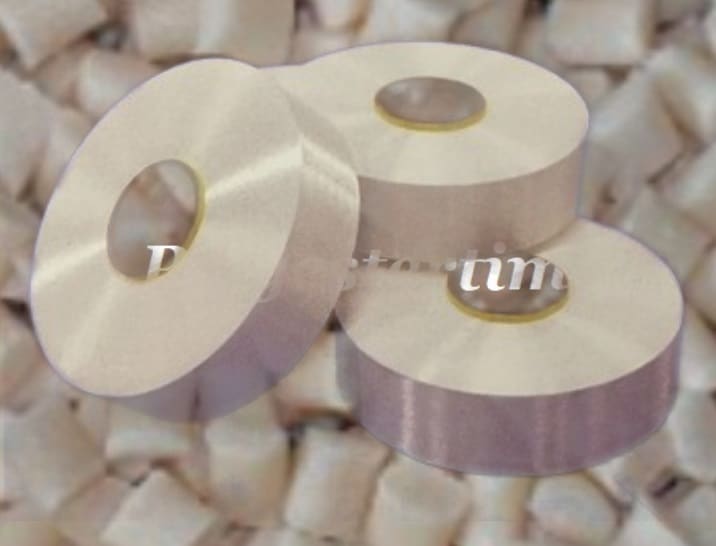
Crude Oil Prices Trend

-Brexit on hold as UK’s Conservative party chooses new leader
The UK’s Prime Minister Theresa May is to officially step down on Friday, triggering a leadership contest in her Conservative party that will put Brexit plans on hold for up to two months.
In May, the Prime Minister announced she was to step down on 7 June, although she will remain as caretaker prime minister until her successor is appointed, a process that could take until the end of July.
May resignation was caused by her inability to convince the UK’s House of Common to approve the Withdrawal Agreement agreed with the EU, which granted the UK an extension for the Brexit deadline, originally planned for 29 March.

-Navigating the fast-changing landscape of bioplastics and biomaterials
Edible seaweed pods that hold drinking water. Inedible banana leaves around perishable food. 3D printing from corn starch. Diapers made from eucalyptus wood.
Small and big companies looking to meet current buyer demand from consumers and retailers, swerve incoming regulatory levers and leverage recent technological innovations are pursuing new (but also, rather, incredibly old) solutions that downplay our reliance on petroleum-based plastics — alternatives that are sourced from plants.
The scope of the sources of these products is wide-ranging. In some cases — mostly for applications centered on packaging, consumer goods and some building materials — companies are seeking ways that fossil fuel-based plastics can be swapped out entirely for materials found in nature. In many “plant-based” products, though, the “plant” material is actually a form of bioplastic. Thermoplastics Petrochemicals Textile
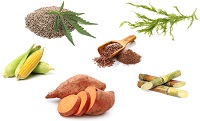
-Suntory sets target of using only eco-friendly PET bottles
Plastic flakes, far right, are created by shredding collected plastic bottles and then turned into pellets, second from right, before being converted into a semi-finished product similar to a test tube and finally turning out as a plastic bottle on the far left. (Hiroki Hashimoto)
The parent company of one of the nation’s leading brewing concerns has set a goal of doing away with all PET bottles using plastic derived from fossil fuel-based materials by 2030. Thermoplastics Petrochemicals Textiles
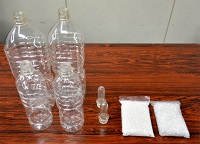
-US imposes sanctions on Iran’s largest petchem group, PGPIC
The US Treasury Department has imposed sanctions on Persian Gulf Petrochemical Industries Co (PGPIC), Iran’s largest and most profitable petrochemical group, alleging that it has provided financial support to a construction firm of the Islamic Revolutionary Guard Corps, it said on Friday.
Iran, satellite image. Source: Planet Observer/UIG/REX/Shutterstock
In addition to PGPIC, the Treasury Department is also sanctioning 39 of its subsidiaries. In all, PGPIC and its subsidiaries account for 40% of Iran’s petrochemical capacity and 50% of its exports.Thermoplastics Petrochemicals Textile

-Planet Textiles gives ITMA new take on sustainability
The upcoming Planet Textiles Summit to be held at the ITMA textile technology exhibition, which expects over 100,000 visitors over 7 days, will hold three special breakout sessions that deal with some of the textile industry’s biggest and most persistent environmental problems.
Supply chain transparency, verifiable and measurable environmental data, hazardous chemical management, and denim – which in the past was the poster-boy for pollution and worker safety will all feature in Barcelona on June 22nd.

-Solvay’s high strength LFT compounds used for world’s first all-plastic recyclable e-bike
Solvay has worked hand-in-hand with a Monaco-based company to develop a cutting-edge electric bike made entirely from plastic, and to introduce one of its newest high-performance polymers in the process.
The Stajvelo e-bike company was created by Thierry Manni in 2017, who wanted a stylish and environmentally sustainable bike. Thermoplastics Petrochemicals Textile
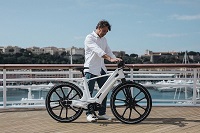
-Will China Change American Oil For Russian Oil?
With the steady increase in domestic consumption in China, the country now imports more than nine million barrels of American oil per day and even more natural gas.
So with the US closing the tap on Iran and starting a trade war, the solutions of a country as big as China could redraw the markets, according to the Financial Times.
Nick Butler, a member of the Policy Institute of King’s College London, explains to the Middle East Headlines News team that at present there are two tools that the United States uses to claim its power.
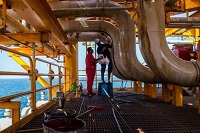
-Bulls Beware: The 2020 Oil Market Is Quickly Turning Ugly
- IEA set to publish its first forecast for next year on Friday
- U.S. shale output and slower economy combine to weaken outlook
After half a decade of lower spending on new projects, oil production growth was supposed to slow to a trickle just as demand was supercharged by a once-in-a-generation shake up in the shipping fuel market. Many market commentators predicted that if $100 a barrel-oil was going to make a come back, it would happen in 2020.
Excitement is fading fast. The first official assessment of 2020 comes from the International Energy Agency on Friday, but a first look at forecasts from consultants and traders for supply and demand balances show persistent surpluses, not the deficit that was expected to underpin rising prices.
The culprits: rising shale production, a slowing global economy and the prospect of a deepening trade war.Thermoplastics Petrochemicals Textile
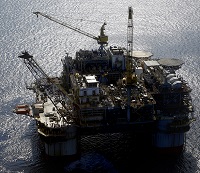
-Oil price to remain weak despite extension of cuts
For sure OPEC plus will decide to extend their production cuts of 1.2 million barrels during the upcoming meeting in Vienna.
This is because the overall situation does not look positive for oil growth, despite the loss of Iranian crude oil and Venezuela’s forced production cut of less than one million barrels. Even though the combination of the two countries amounts to more than two million barrels of net export, still the oil market did not move an inch upward. The price of oil has fallen by more than $13 per barrel, and there are indications that the price will weaken further to reach around $60 per barrel.
The main reason behind the weakening of the oil price is the excess availability of supply as well as the ongoing surge in USA shale oil production, which at $50 per barrel is ensuring good returns for its shareholders.
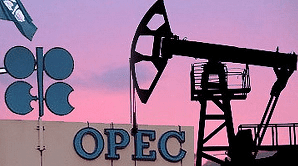
-Ford recycles 1.2 billion plastic bottles each year to make vehicle parts
When you recycle plastic bottles, do you ever stop and think about where that plastic ends up? One close answer could be cars and a Ford at that.
Ford Motor Company is helping to play a major role in promoting environmentally friendly auto parts, and one way it is doing that is by using recycled plastic bottles for underbody shields on all cars and SUVs, and wheel liners on F-Series trucks.
“The underbody shield is a large part, and for a part that big, if we use solid plastic, it would likely weigh three times as much,” said Thomas Sweder, design engineer, Ford Motor Company. “We look for the most durable and highest performing materials to work with to make our parts, and in this case, we are also creating many environmental benefits.”
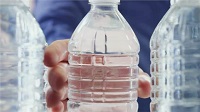
-Sportswear giant set to tap Indian firm’s PET project to cut virgin plastic use
Discarded bottles are upcycled to make high-quality polyester filament yarn for Adidas products
Global sportswear giant Adidas aims at eliminating the use of virgin plastics in its products by 2024 — with a little help from a Maharashtra-based firm — the only one of its kind in the country to produce yarn out of discarded PET bottles.
At its first factory set up in Nashik five years ago, Polygenta Technology Limited deploys an unique technology to break down used PET (short for Polyethylene Terephthalate) bottles and convert them into polyester filament yarn.
The firm, with a capacity to convert 30 tonnes of PET bottles into yarn a day, plans to scale up capacity to around 100 tonnes a day in the next two years to meet demand from the likes of Adidas — one of its first clients.
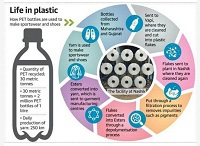
Related Topics
